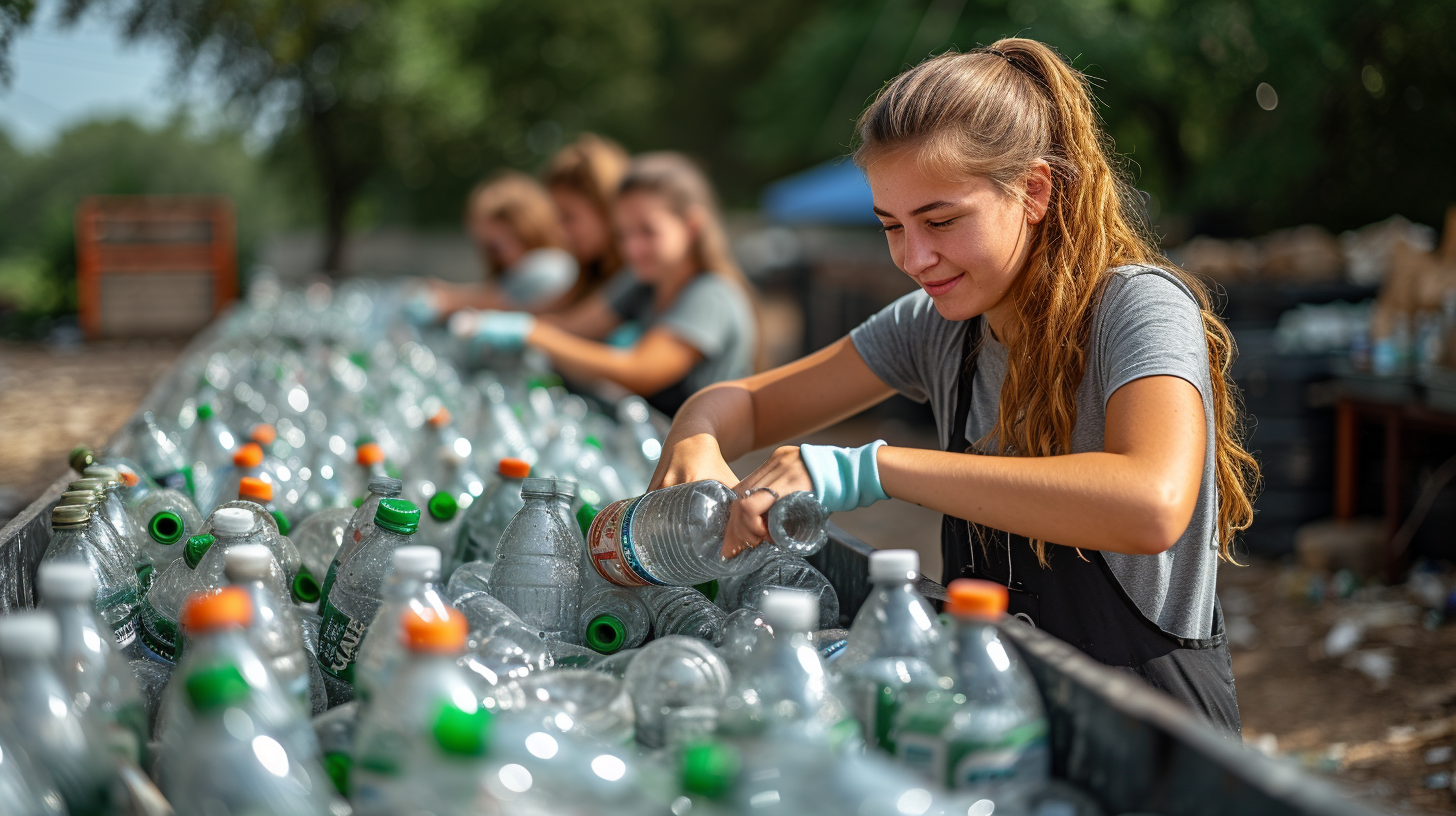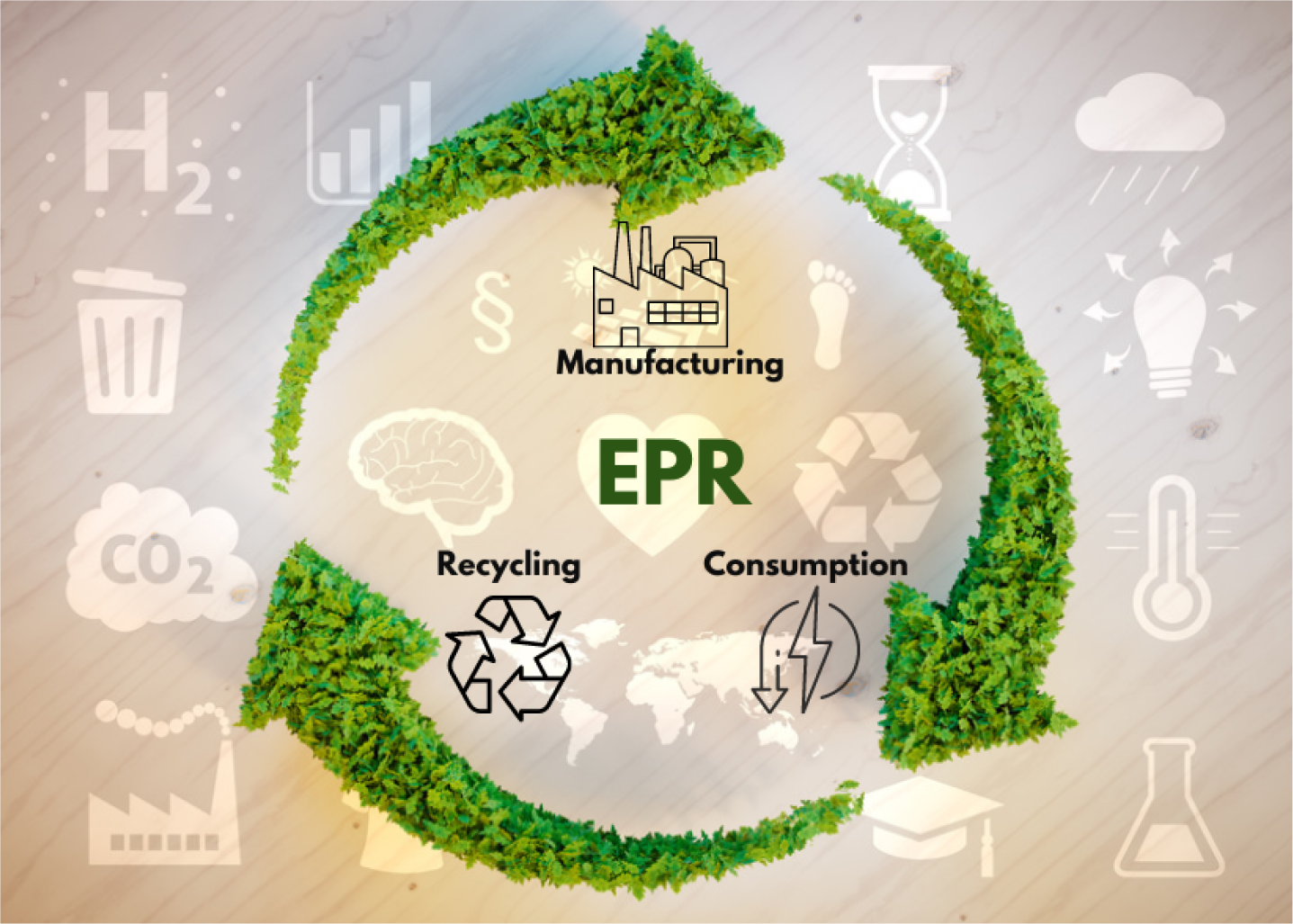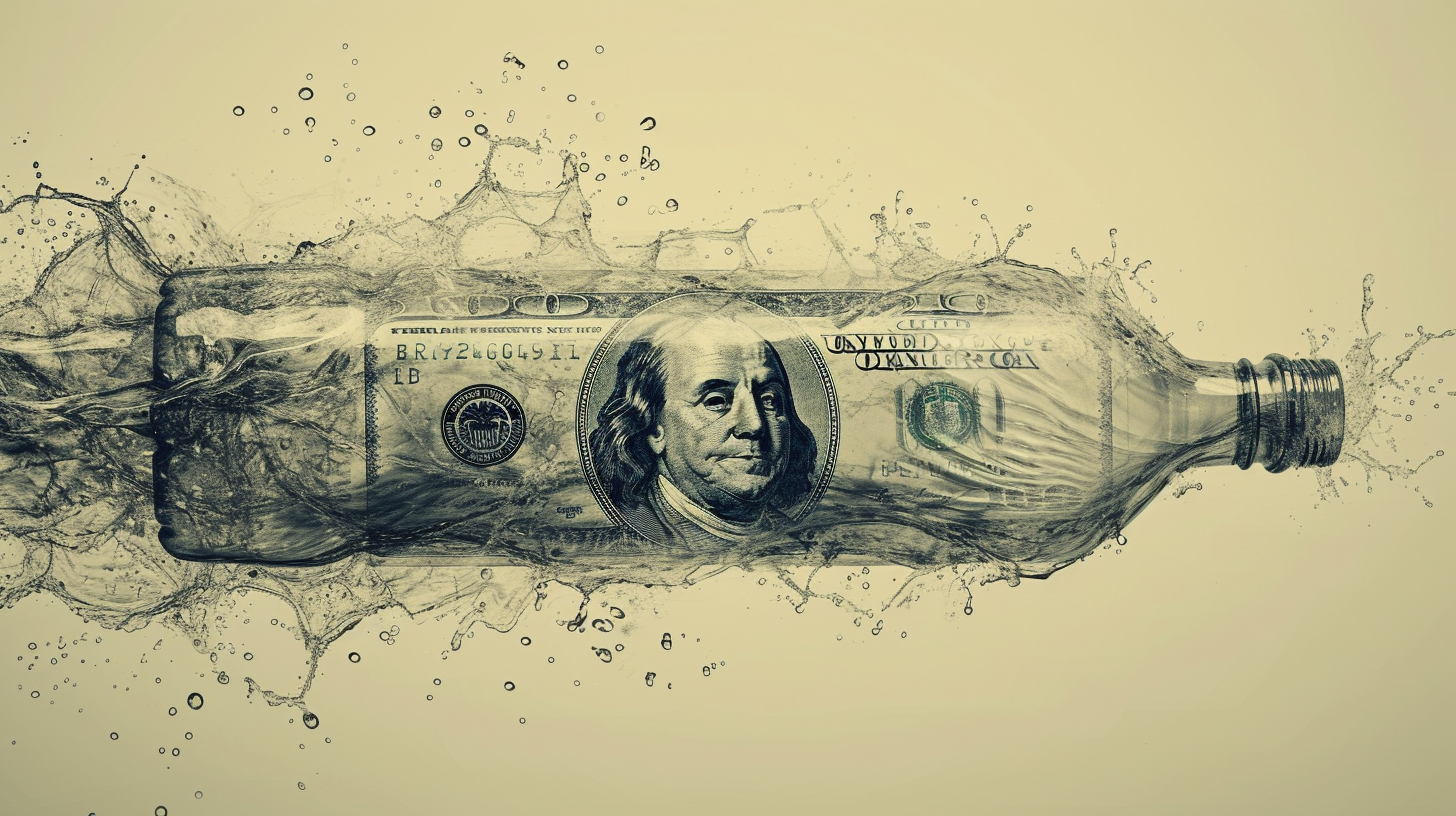
As the world grapples with an alarming plastic pollution crisis—460 million tonnes generated annually—only 9% undergoes recycling, while 50% faces landfilling, 19% incineration, and 22% is mismanaged. Enter Extended Producer Responsibility (EPR), a vital solution addressing the urgent need for sustainable plastic waste management.

EPR refers to an extended producer’s responsibility that works by the Polluter Pays principle. The underlying philosophy of this concept is that plastic packaging producers, manufacturers, importers, and brands are responsible for the plastic that they put out in the world throughout its entire lifecycle. Such policies come with certain rules that are mandated by the government and usually take two forms:
One with mandatory targets and penalties in case a particular target has not been met but in case of penalties a fine has to be paid which can further be channelled to projects such as improving the plastic waste management sector.
The other rule is characterized by non-binding targets but with a legal obligation to provide a mitigation performance report.

Product-take-back requirements- it is the producer’s responsibility to take their products from the consumers once they become waste and are made to manage the end life of the products.
Economic and market-based instruments- there are two types, one wherein the consumer pays a deposit on the purchase of an item and gets a refund on returning the waste item. The other method requires the consumers to pay a fee inclusive of the collection and treatment cost that’s used to finance the end-life management of products.
Information-based Involves information dissemination and support in the implementation of EPR.
Regulations and performance standards- this mainly includes product standards.

The EPR mechanism is simple because it allows companies to take credit for plastic waste management. The amount of plastic collected and recycled every day is an offsetting for the EPR target of the brand/business. Now the producers are to work with urban local bodies to carry out effective municipal solid waste management (MSW) and work according to the segregation model where the plastic waste is separated from the solid waste. The plastic will then get recycled in the industrial process. The producers are entrusted with the responsibility of infrastructure development and making connections with waste collectors, recyclers, and waste management agencies. They will then proceed to implement EPR.
The policy for Extended Producers Responsibility (EPR) was created nationally by the Ministry of Environment, Forests, and Climate Change (MoEFCC). This framework directs the businesses to abide by the law.
The law instructs manufacturers and brands on how to handle EPR regulations. Businesses are now required to recover and recycle their waste. Three models, including the credit-based model, are included in the proposal to adopt EPR.

Here are some key benefits associated with EPR
• Environmental Stewardship: EPR encourages producers to design products with end-of-life considerations, promoting environmentally friendly materials and reducing the overall environmental impact of waste.
• Waste Reduction: By making producers responsible for the entire lifecycle of their products, EPR incentivizes the reduction of waste generation and promotes the development of more sustainable and recyclable goods.
• Consumer Awareness: EPR programs often include public awareness campaigns, educating consumers about proper disposal practices and encouraging responsible consumption.
• Shift in Corporate Responsibility EPR shifts the responsibility for waste management from municipalities to producers, fostering a sense of corporate social responsibility and encouraging companies to adopt sustainable business practices.

The plastic waste crisis is significantly affecting the environment and EPR can be a tool to help brands transcend to a more sustainable and eco-friendly outlook. Such schemes will help trigger innovations for a circular economy-based model. Through EPR the lifecycle of the products is increased considerably and environmental impact is reduced.
In place of the changing market and consumer awareness towards a circular economy model, businesses that engage in EPR have a competitive edge over companies that still heavily rely on linear economic models. Additionally, businesses can reduce their and end up saving more because producers are encouraged to find cost-effective solutions for the recycling and repurposing of and increase the end life of their products.

Plastic credits offer a pioneering solution to combat global plastic pollution. This innovative concept enables organizations and individuals to offset their plastic footprint by investing in projects that reduce plastic waste and promote environmental sustainability.
Producers are obligated to ensure the recovery or recycling of an equivalent amount of packaging waste, even if they don’t recycle their own packaging. Plastic credits, which can be traded for money under agreed conditions, serve as proof of compliance.
Through 24 pioneering projects across 11 countries, Verra demonstrates a global commitment to environmental sustainability. These projects encompass diverse initiatives, from informal waste collection to technological advancements in recycling, fostering a collective approach to mitigating plastic pollution and promoting circular plastic management globally.

Millions of plastic wrappers, bottles, food packaging are making their way into landfills and oceans – with no possibility of ever being degraded. Another significant portion of it is burnt – releasing toxins and disastrous GHG gases. At NettZero – we not only rehabilitate such plastics, but also convert them into valuable materials that can build civic/ social structures. We currently have 2 active projects going on for the same in the remote Himalayan region – which has translated into the up cycling of over 200,000 bottles of plastic. We invite you to work with us for your EPR needs that can also become a Plastic Credits earning opportunity.

Environmental Advisory Technologies